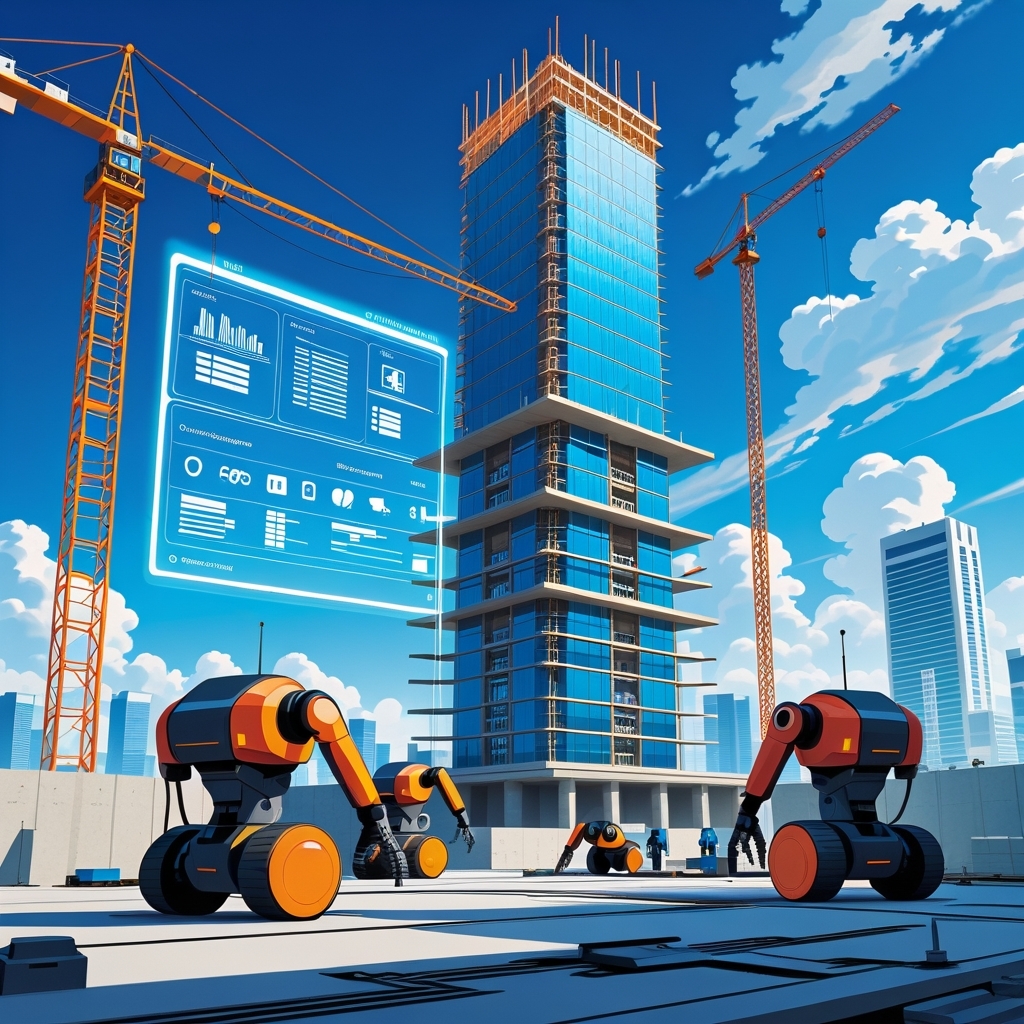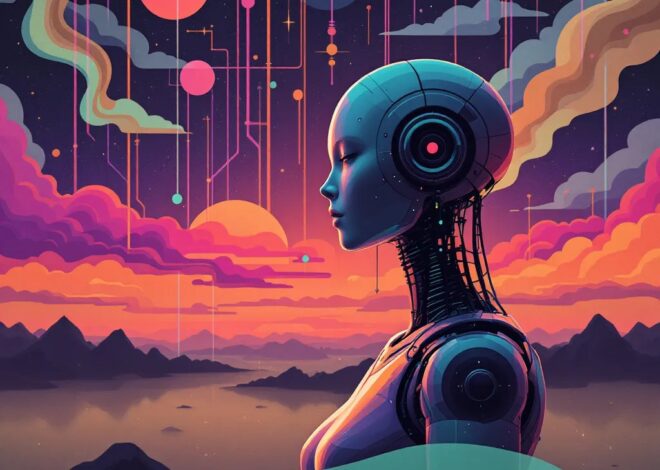
Harnessing AI in Construction: Revolutionizing Project Efficiency in 2025
Harnessing AI in Construction: Revolutionizing Project Efficiency in 2025
The construction industry is on the brink of a technological revolution, with artificial intelligence (AI) set to transform the entire building process. In 2025, AI will play a critical role in accelerating construction projects by around 20%, enhancing efficiency, optimizing resource allocation, and improving safety. This post explores the power of AI in construction, its effects on project timelines and safety, and a practical example of a bridge construction project.
AI in Design and Planning
AI’s influence starts at the design phase, where generative design tools enable architects to explore numerous design alternatives that are both efficient and sustainable. For example, Autodesk’s generative design technology allows for innovative solutions that optimize space, cost, and overall construction efficiency.
AI in Project Management
After design completion, AI-enhanced construction management platforms streamline project coordination by integrating various tools. Systems like Procore and ALICE Technologies optimize scheduling, resource allocation, and cost estimates by analyzing large datasets, enabling project managers to minimize delays and budget overruns.
Bridge Construction Example
Take a complex bridge construction project. Traditionally fraught with delays, AI can significantly enhance the process by:
- Design Optimization: AI analyzes site conditions to generate efficient designs, reducing material waste and ensuring structural integrity.
- Predictive Maintenance: AI systems monitor equipment and predict failures, allowing for timely maintenance and minimizing downtime.
- Safety Enhancement: Real-time monitoring by AI identifies unsafe practices, enhancing the safety of construction sites.
Safety and Sustainability
AI is crucial not only for efficiency but also for improving safety and sustainability. AI systems monitor worker behavior to prevent accidents and ensure compliance with safety standards. Additionally, AI analyzes energy use and material selection to help construction companies reduce their carbon footprint.
Conclusion
By 2025, AI will revolutionize the construction industry with improved planning, resource allocation, and on-site execution. Leveraging AI could lead to a 20% increase in construction speed while enhancing safety and sustainability. As the industry evolves, embracing AI will be vital for competitiveness and delivering high-quality projects efficiently. The future of construction is driven by algorithms and digital agents ready to reshape our landscapes.



